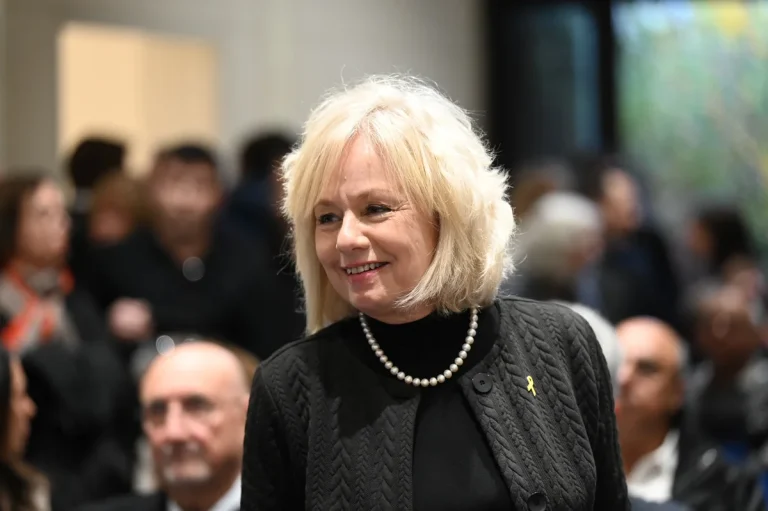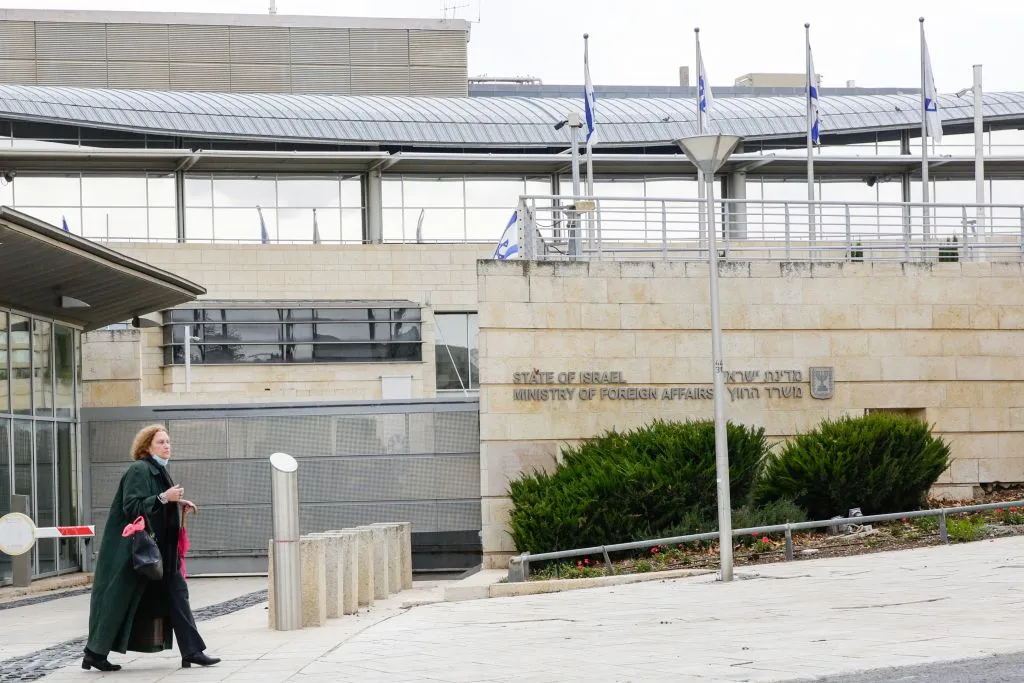Jerusalem, 1 September, 2025 (TPS-IL) — The High Court of Justice issued a unanimous decision on Monday night urging the government to reverse its dismissal of Attorney General Gali Baharav-Miara and to abandon the new procedure it approved in June that enabled her removal. The nine-judge panel recommended that the government instead consult the professional committee established in 2000 to oversee the appointment and dismissal of the attorney general, signaling that the court views the government’s actions as legally unsound and procedurally improper.
The conflict between the government and Baharav-Miara has been brewing since the current administration took office at the end of 2022, with each side accusing the other of overreach. The government claims Baharav-Miara has been “serially thwarting its policies and actions” regarding its judicial overhaul initiative. Baharav-Miara maintains the government has been “acting unlawfully and advancing unconstitutional legislation.”
Until recently, firing an attorney general required a recommendation from a professional committee composed of judges, legal experts, and ministers. That changed on June 8, when the Cabinet voted unanimously to amend the procedure, allowing the justice minister to initiate dismissal through a panel of five government ministers. A final decision would require 75% Cabinet approval.
The High Court gave the government until September 14 to confirm whether it will comply with the recommendation. Should the government refuse, it has until October 30 to submit affidavits defending its position, after which the court may issue a final ruling. In the meantime, the petitions challenging Baharav-Miara’s dismissal will not be heard, and the hearing scheduled for Wednesday has been canceled.
The justices pointedly noted that the government failed to file any defense of its decision or request an extension—an irregular move that prompted the court to grant conditional orders as petitioners requested. “Despite what is stated in the decision of Deputy President Justice [Noam] Sohlberg and despite the date of the hearing on the petitions, no preliminary response was submitted to the court case on behalf of the government respondents, nor was there a request for an extension of time for its submission,” the ruling stated.
Sohlberg had first recommended in July that the government consult the professional committee, known as the Grunis Committee, but the full panel’s unanimous endorsement gives his proposal added weight. The court underscored that it had been given “no justification” for the government’s deviation from the established 2000 procedure, making clear it sees the new dismissal framework as deeply problematic.
The ruling also reaffirms that Baharav-Miara’s legal authority remains intact, since Sohlberg’s earlier decision freezing her dismissal and confirming the binding nature of her advice to the government continues to apply.
Justice Minister Yariv Levin blasted the court’s move, dismissing it as a “theater of the absurd” and insisting the government has the right to choose its own legal counsel. “You can’t force the government, especially when we’re in the midst of a war, to work with her even for one more day,” Levin declared. “The government and only the government will determine who its attorney general will be.” He added that “no judicial order can force cooperation that did not exist with Attorney Baharav-Miara, and there will not be any.”
Levin has refused to acknowledge Baharav-Miara as attorney general since the government formally fired her last month, despite the court’s order freezing her dismissal and instructing the coalition to maintain its working relationship with her.
Civil society groups hailed the High Court’s decision. The Movement for Quality Government called it “an unprecedented legal achievement that proves that our petition is fundamentally right,” noting that more than 30,000 citizens had joined the effort. “The entire Supreme Court understands that this is an invalid move,” the group said, though it also argued that the court should have gone further and issued an absolute order given the government’s refusal to respond.
In 1997, a commission headed by former Chief Justice Meir Shamgar provided the legal framework for appointing and dismissing an attorney general. The commission established four acceptable reasons for firing an attorney general: misconduct, physical incapacitation, a criminal investigation or indictment, or severe disagreements with the government that prevent cooperation.
Israeli attorneys general serve a non-renewable six-year term.
































